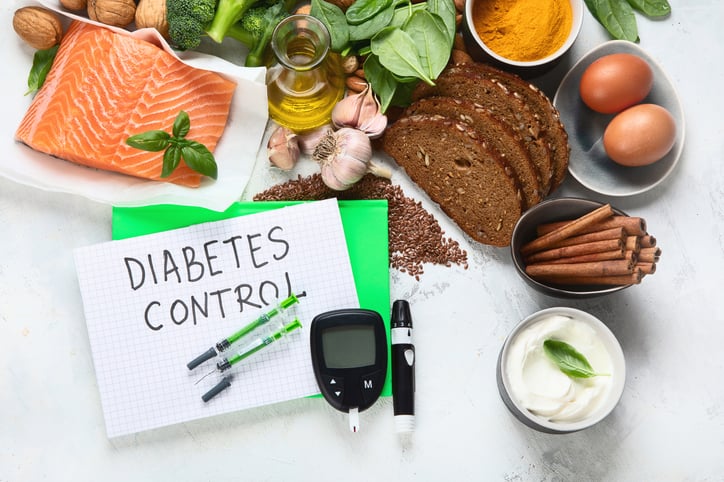How To Get More Physical Activity Into Your Daily Routine
If one of your objectives for this year is to be more active, it’s not too late. There are a few simple steps you can take that can make a big...

There’s no question that regular aerobic exercise can do wonders for your health. Aerobic exercise (such as jogging, swimming and cycling) is vigorous and essential to a healthy lifestyle.
The health benefits you get by exercising regularly include:
Let’s take a closer look at how aerobic exercise can get you on the road to a healthier you.
There are lots of studies highlighting the benefits of physical activity. One of the biggest benefits you’ll get is a decrease in your risk of developing heart disease. In fact, one study found that people who aren’t in shape can double their risk of heart disease.
You can also prevent heart disease. Exercising lowers your blood pressure and allows your blood vessels to be more compliant - –meaning less stiff and less likely to accumulate fat and clog vessels. Similar studies always seem to find similar results.
Aerobic exercise can also help you shed unwanted pounds and balance your blood sugar. Both of which are beneficial in the treatment of diabetes.
Many studies show that participation in a program of strenuous aerobic exercise is effective in reducing depression.
A Cochrane review of exercise in depression found 39 trials of exercise in 2,326 people with depression. Overall, exercise was beneficial for depression compared with no treatment or other control intervention.
Another study found that running or biking for about 30 minutes, 3 to 5 days per week for 12 weeks reduced depression.
There’s other research that shows regular aerobic exercise improves brain function. This includes a study that found a 12-week aerobic exercise program improved executive function and attention speed in healthy late- to middle-aged adults.
According to research, you can cut your colon cancer risk by as much as 40 percent by exercising. And heart-healthy activity may boost bone density, or at the very least reduce its loss, in both men and women.
When compared to sedentary women, physically active women have a 20%-30% lower risk of breast cancer.
There is also some encouraging news for cancer patients. Regular exercise may reduce tiredness, sadness and anxiety.
Talk to your doctor before starting any exercise routine, but it doesn’t take much to get moving. The hardest part is committing to a plan and sticking with it.
And for more information on the updated physical activity guidelines for Americans, check out the “Physical Activity Guidelines for Americans.” Inside you’ll find more ways to ease yourself into an exercise routine and how hard you should be working out to see results.

If one of your objectives for this year is to be more active, it’s not too late. There are a few simple steps you can take that can make a big...

Sure, it’s easy to make a doctor’s appointment when you aren’t feeling well but maintaining a regular checkup and health screening schedule is a...

Diabetes is a major global health problem, with more than 422 million people currently living with the condition, of which 37 million are from the...